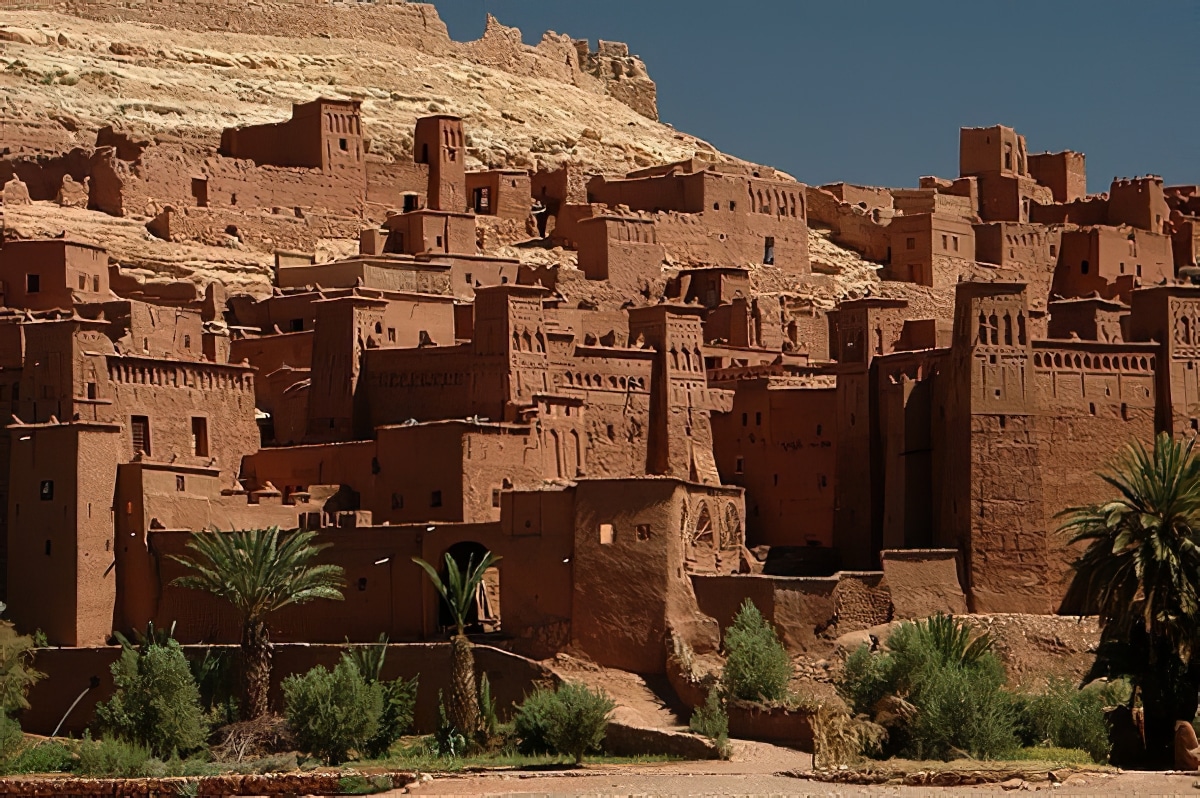Transition to the formal economy
Navigating the shift: Ait Ben Haddou's Journey from Informal to Formal Economy

In the bustling markets and rural expanses of Morocco, a silent transformation is underway, steering the nation from the shadows of informality into the promising light of formal economic participation. This transition, pivotal for sustainable development, is encapsulated in a profound policy paper by the Friedrich Naumann Foundation and the NGO “We Speak Citizen”, focusing on the Tizwa Project in Aït Ben Haddou
Morocco's economy, characterized by a substantial informal sector employing around 77% of the workforce[1], faces a paradox. While offering immediate livelihoods, this informality hampers long-term economic growth, reduces state tax revenues, and undermines worker security. The policy paper delves into these intricacies, offering a lens through which to view the challenges and triumphs of transitioning towards formalization.
The informal sector, despite its prevalence, often places workers in precarious conditions, offering low wages, unstable employment, and limited growth opportunities. Women, particularly in rural areas, cope with this informality, with nearly 68% of active rural women engaged in informal work, as per Morocco's High Commission for Planning. This engagement not only reflects on their socio-economic vulnerability but also underscores the systemic barriers to formal economic integration.
In the heart of Morocco's picturesque Aït Ben Haddou, the Tizwa Project emerges as a beacon of hope and transformation. Tizwa has made remarkable strides, with a success rate of 95.83% in transitioning projects to the formal economy, the initiative showcases the transformative power of targeted support and empowerment. This approach not only enhances individual livelihoods but also contributes to broader economic and social resilience.
The present policy paper, offers insights and solutions inspired by the Tizwa experience, aimed at transforming other similar areas for the betterment of workers, the economy, and the nation's competitive edge. Furthermore, the policy paper highlights the broader implications of informality on national economic health. Morocco's strategic measures, including vocational training and the promotion of cooperatives, are steps towards formalization. Yet, the journey is complex, requiring a multifaceted approach that addresses legal, educational, and social dimensions.
The transition from informal to formal economies is not just an economic imperative but a pathway to socio-economic rights and empowerment, especially for women in rural areas. Projects like Tizwa are therefore not merely economic interventions but are pivotal in addressing underlying issues of gender inequality, education, and rights awareness.
In conclusion, the transition from informal to formal economies in Morocco, as detailed in this policy paper, is a testament to the country's resilience and commitment to sustainable development. It underscores the importance of targeted interventions, policy reforms, and the empowerment of vulnerable groups as foundational elements of economic transformation. As Morocco strides towards formalization, the lessons learned and the successes achieved pave the way for a future where economic inclusion and empowerment are at the heart of development.
For those intrigued by the economic transformation within rural areas in Morocco and the crucial role of formalization in sustainable development, this document, provides a comprehensive analysis and actionable strategies.
[1] Hamza Saoudi et Ahmed Ouhnini, L'informel au Maroc : repenser la structure globale des incitations pour une économie plus inclusive et dynamique, 2023
